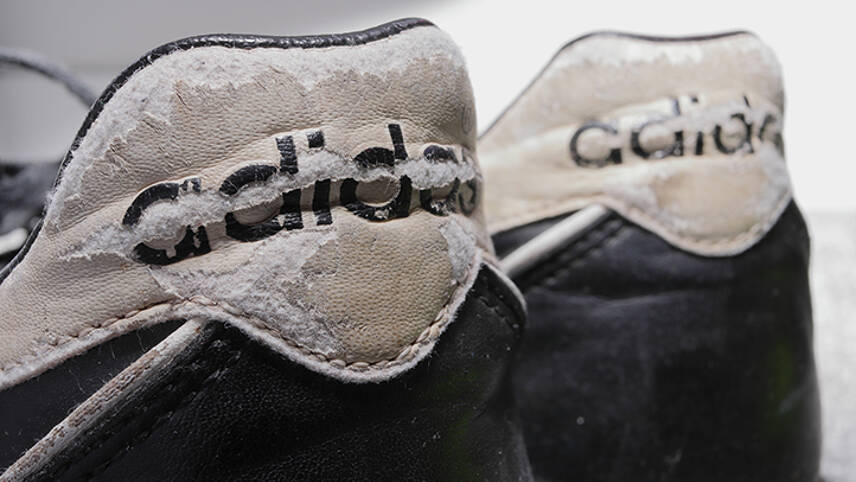Register for free and continue reading
Join our growing army of changemakers and get unlimited access to our premium content

Around 90% of footwear is either landfilled or incinerated globally
Working through the Fashion for Good programme, corporate members adidas, Inditex, Target and Zalando are piloting a new partnership with recycling firm FastFeetGrinded to recycle old footwear.
The partnership will test the process of recycling post-consumer footwear, collected by the brands, to create materials to be used to produce new products.
Globally, 24 billion shoes are added to the market each year, and around 90% are either landfilled or incinerated.
The partners will collect and divert footwear from all areas of the value chain to FastFeetGrinded to break down the products into macro-components. From here, the components are grinded down into granulates which can be repurposed to create a variety of different products.
“This project will be a first in the footwear industry to allow us to understand the sustainable recycling technologies and infrastructures needed to accelerate the transition towards a circular future,” Fashion for Good’s managing director Katrin Ley said.
“By fostering collaborative partnerships like this, where companies come together to share knowledge and validate innovation, we pave the way for scalable solutions.”
Some of the retailers have worked through the Fashion For Good initiative in the past to trial new sustainable approaches to production and manufacturing. Firms including Kering and adidas last year supported the testing of new innovative technologies and processes that enable the dry processing of textiles, rather than wet processing.
Wet processing bears a high environmental footprint. Processes to pre-treat and dye fabrics often take place in large tanks or baths of hot water, meaning vast amounts of energy and water is used. Moreover, due to poor infrastructure, legislation and chemical treatment access in some of the world’s most prominent textile-producing nations and regions, used water from these processes often ends up polluting local marine environments.
Previous research from Fashion For Good and the Apparel Institute has found that pre-treatment, colouration and finishing can account for 52% of a garment’s embodied emissions.


We, Korea Green Hydrogen, are pleased to be informed the news from edie regarding energy efficiency, Net Zero 2050.